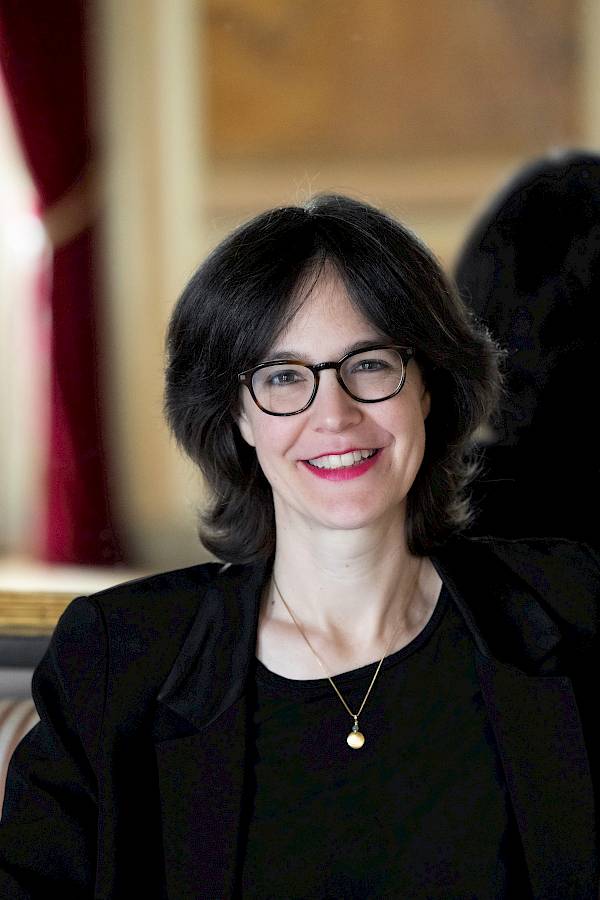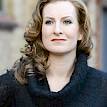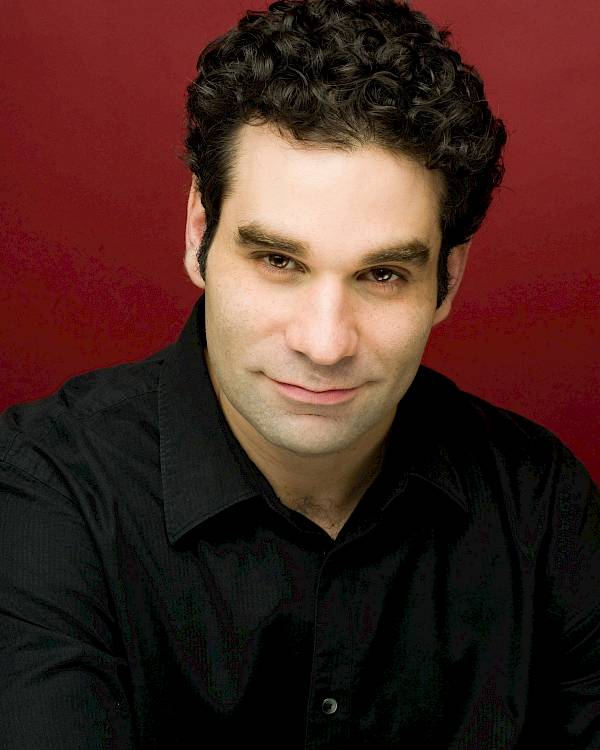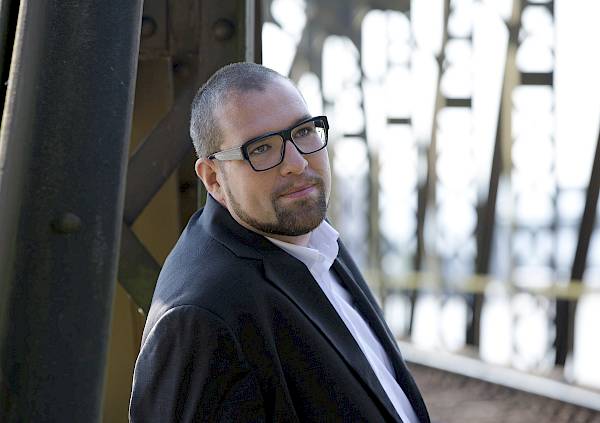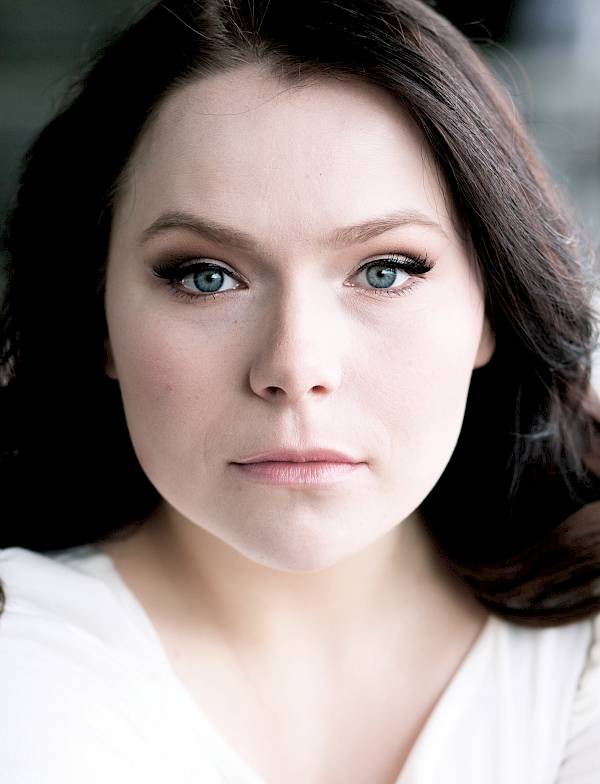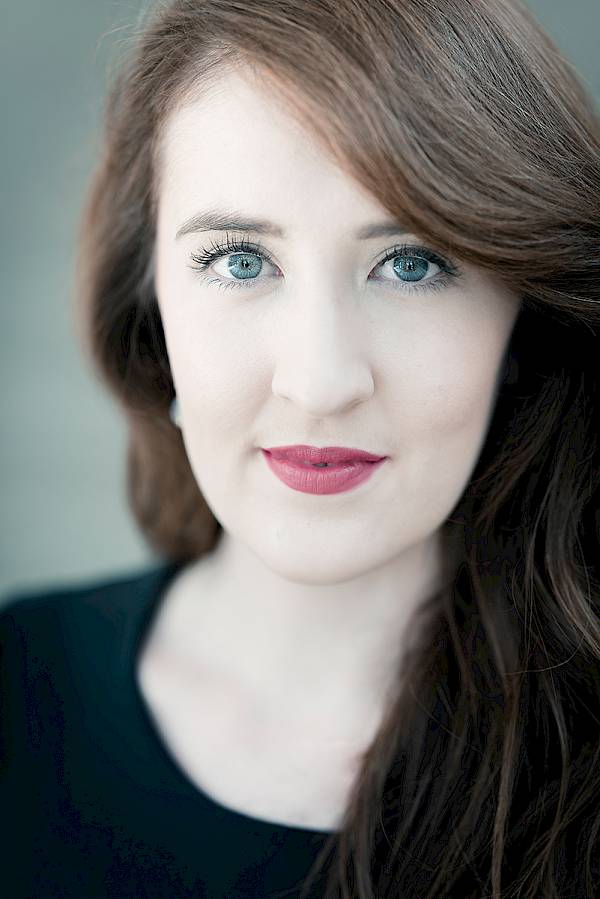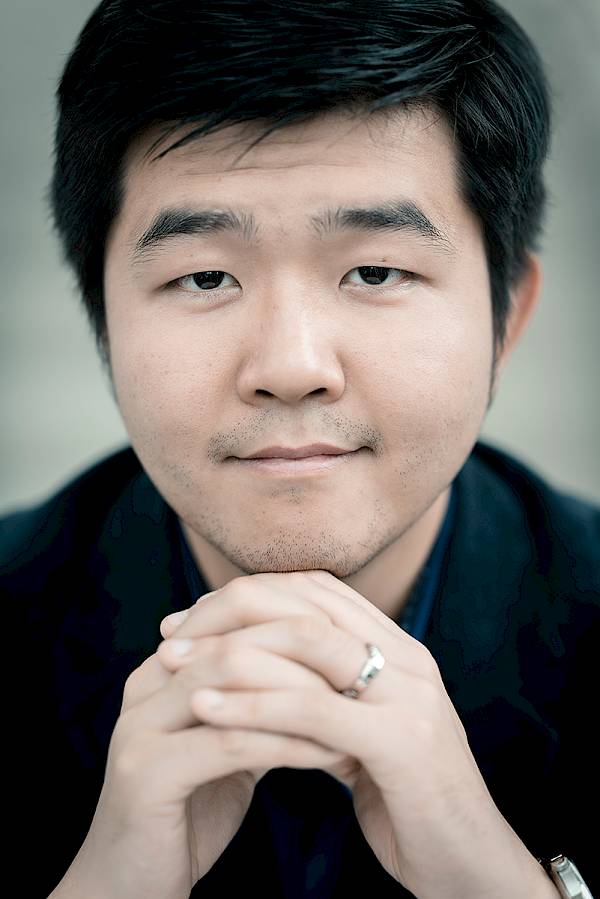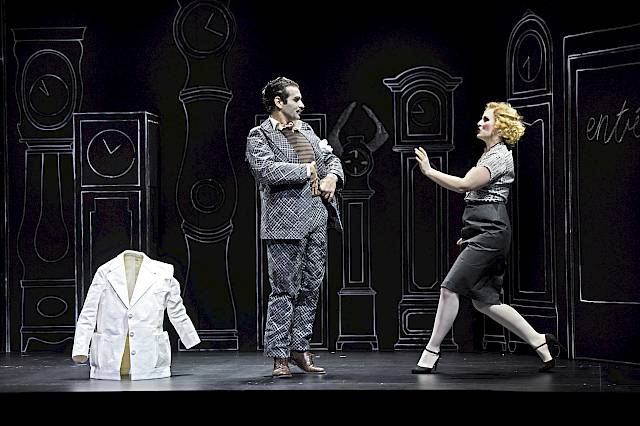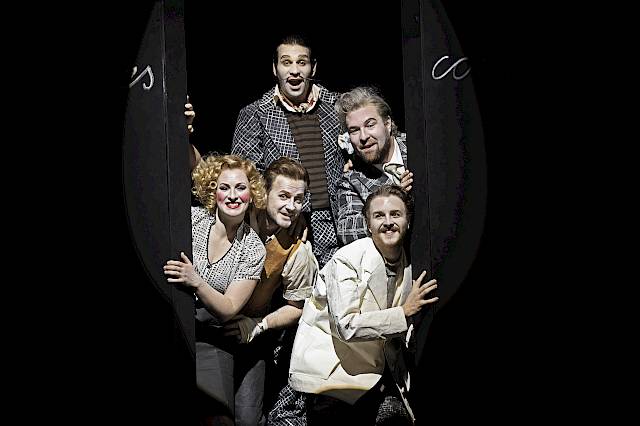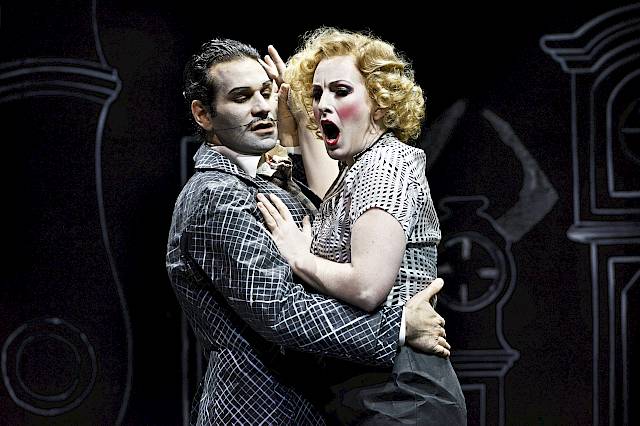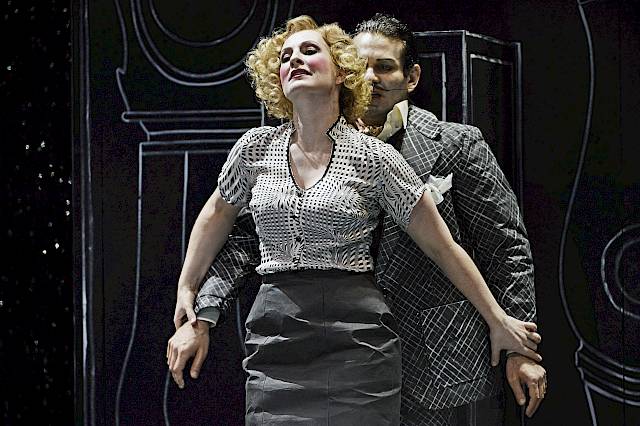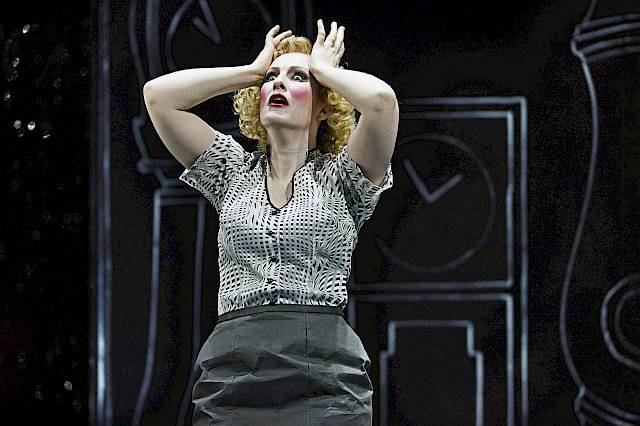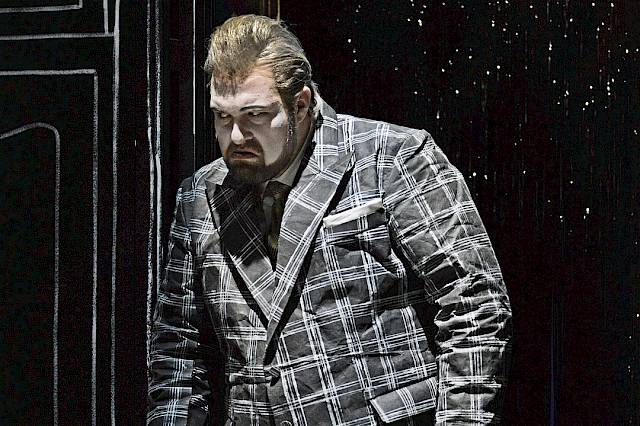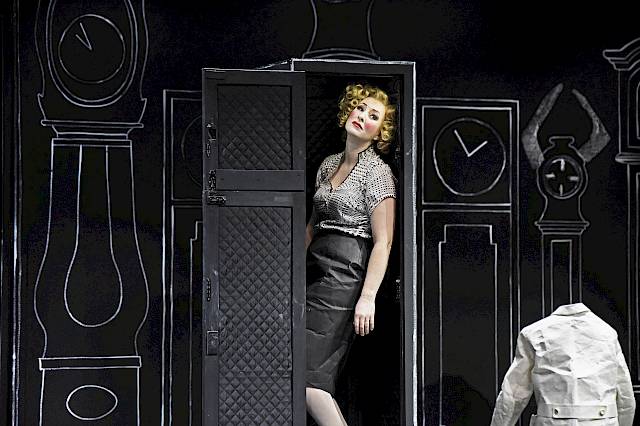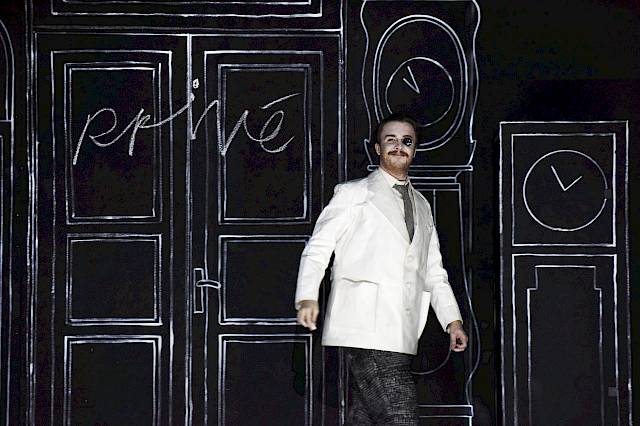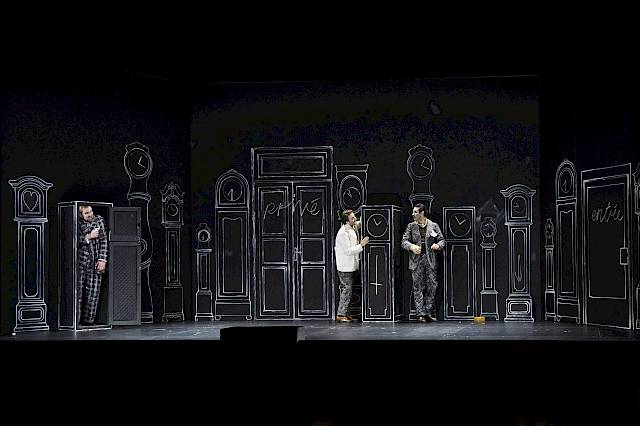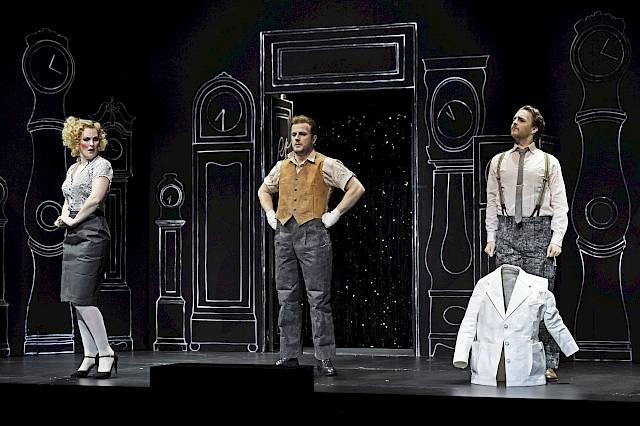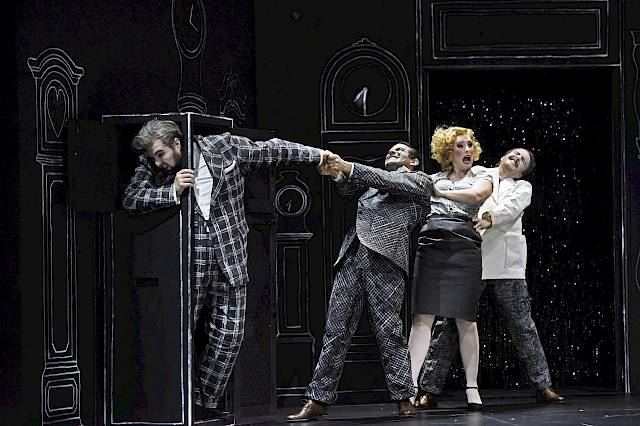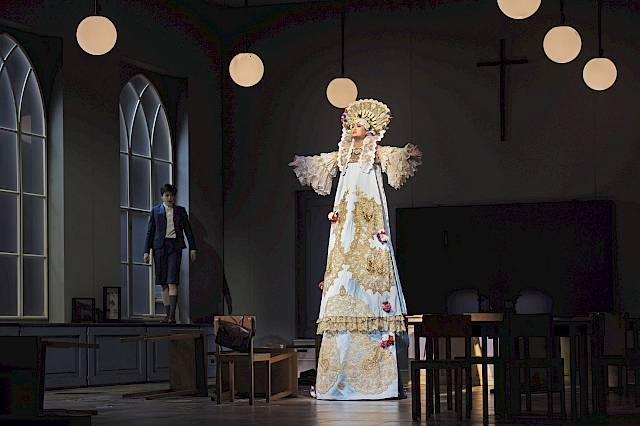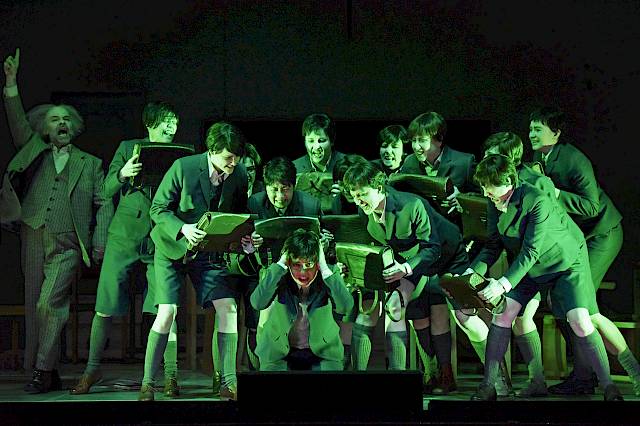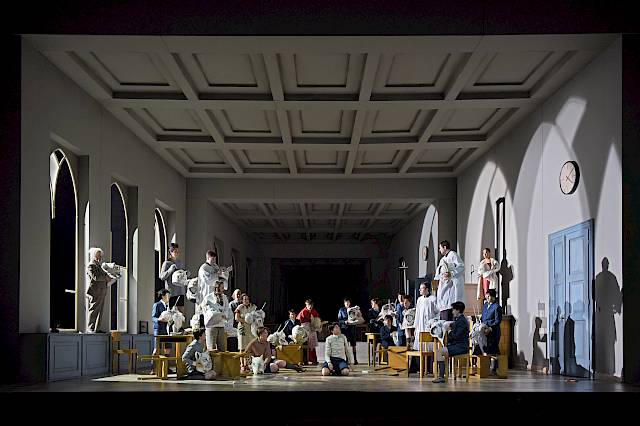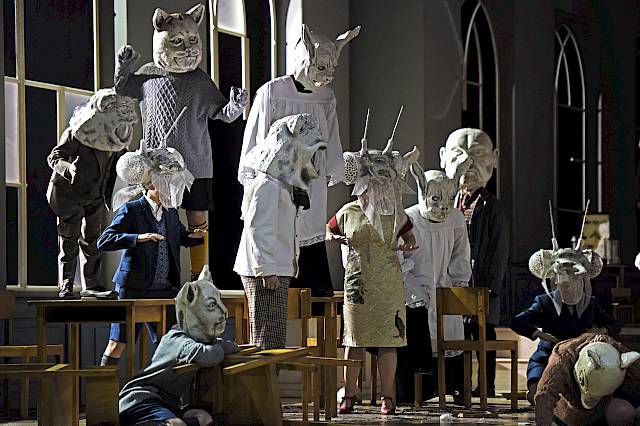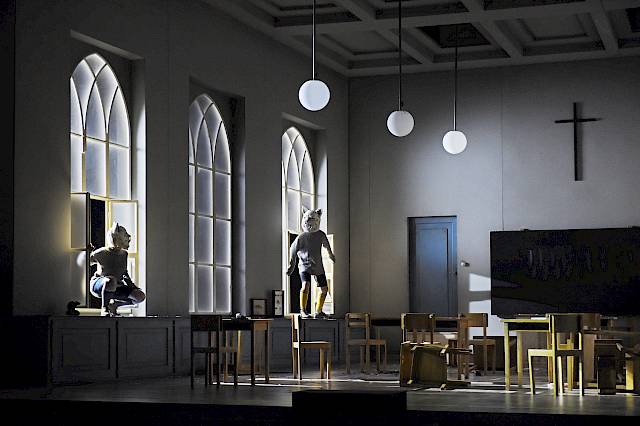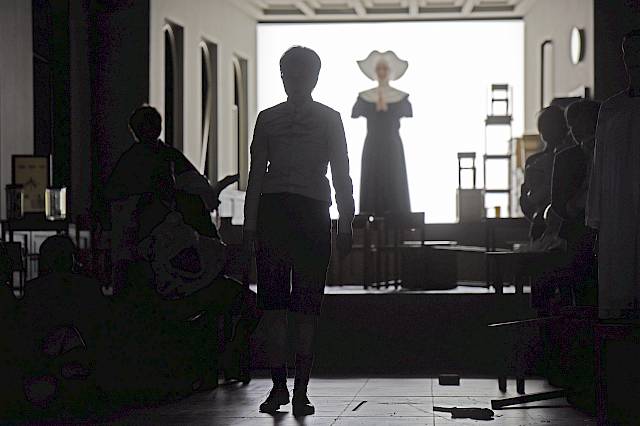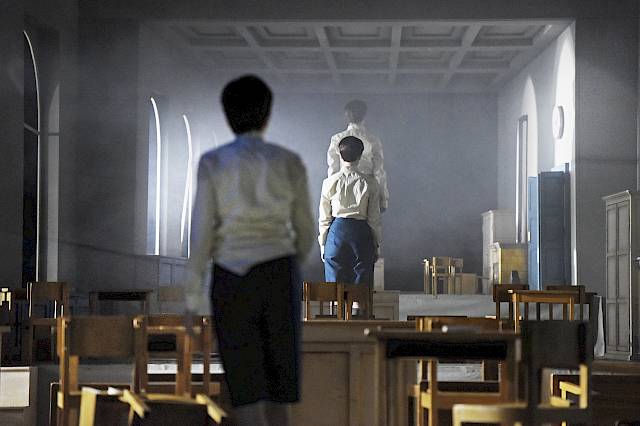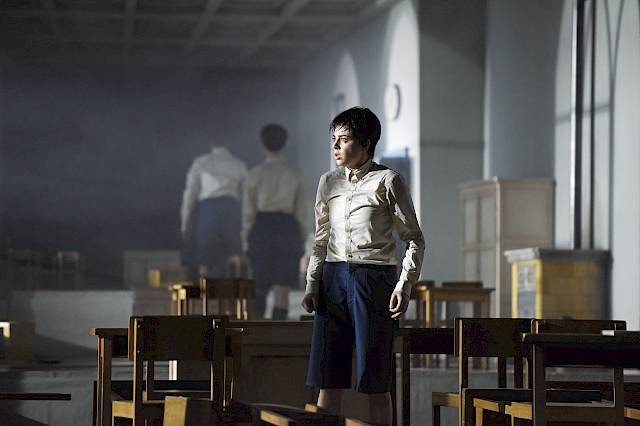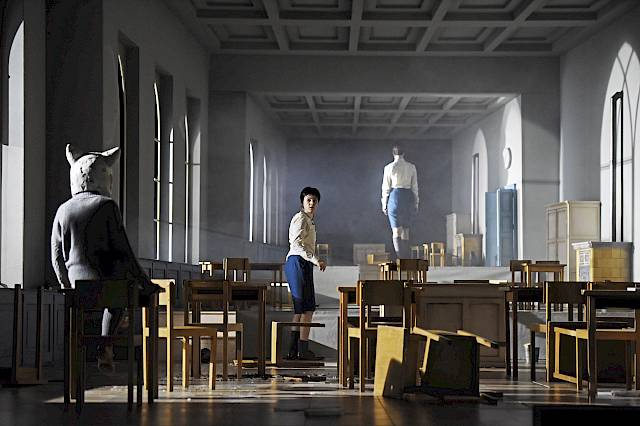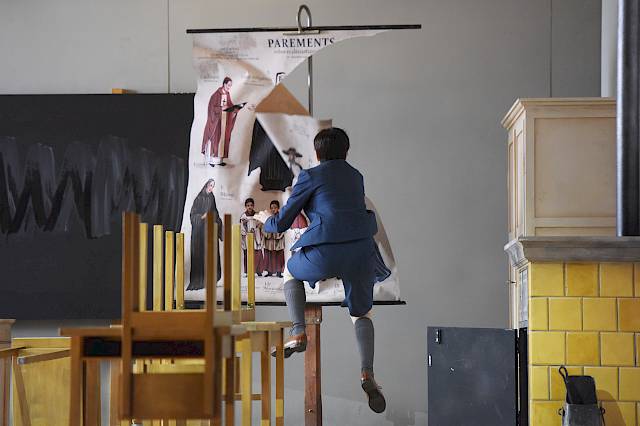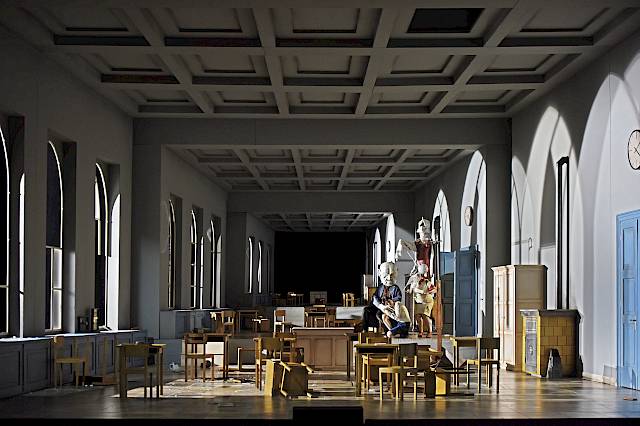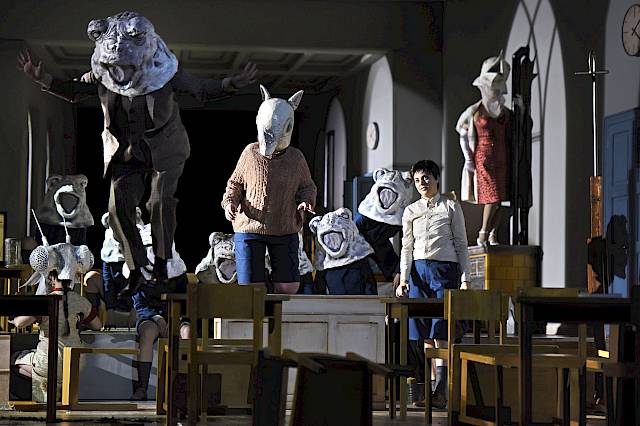Abstract
Maurice Ravel’s predilection for music boxes, musical automata and unusual clocks is well known –and is also apparent in his first, one-act opera, the musical comedy L’Heure espagnole. Ravel’s wealth of musical ideas is stunning; for example, when he brings the entire mechanical equipment of a watchmaker’s workshop to musical life in the overture. However, the shop becomes a completely different playground once the flamboyant Conception’s husband has left the house: she receives one lover after another. The lewd double entendres in the score and plot horrified music critics at the time, who disdainfully referred to it as «musical pornography». The opera soon disappeared from programmes, but today is undisputedly considered one of the most appealing short operas in the repertoire.
By contrast, Ravel’s second opera, L’Enfant et les sortilèges, after a libretto by the writer Colette, was a success from the outset. Also in this work, Ravel wrote a colourful and extremely original score. The story is about a child who is punished for not doing his homework. The furious child starts destroying objects, which later nightmarishly turn against him. Gradually he learns the meaning of empathy and begins to take responsibility for his actions. We shall now present this double performance, which was premièred in Winterthur, with an attractive new cast in Zurich, with the Irish mezzo-soprano Paula Murrihy as Conception, the Canadian tenor Frédéric Antoun as Gonzalve, and our ensemble member Deniz Uzun as the child.







